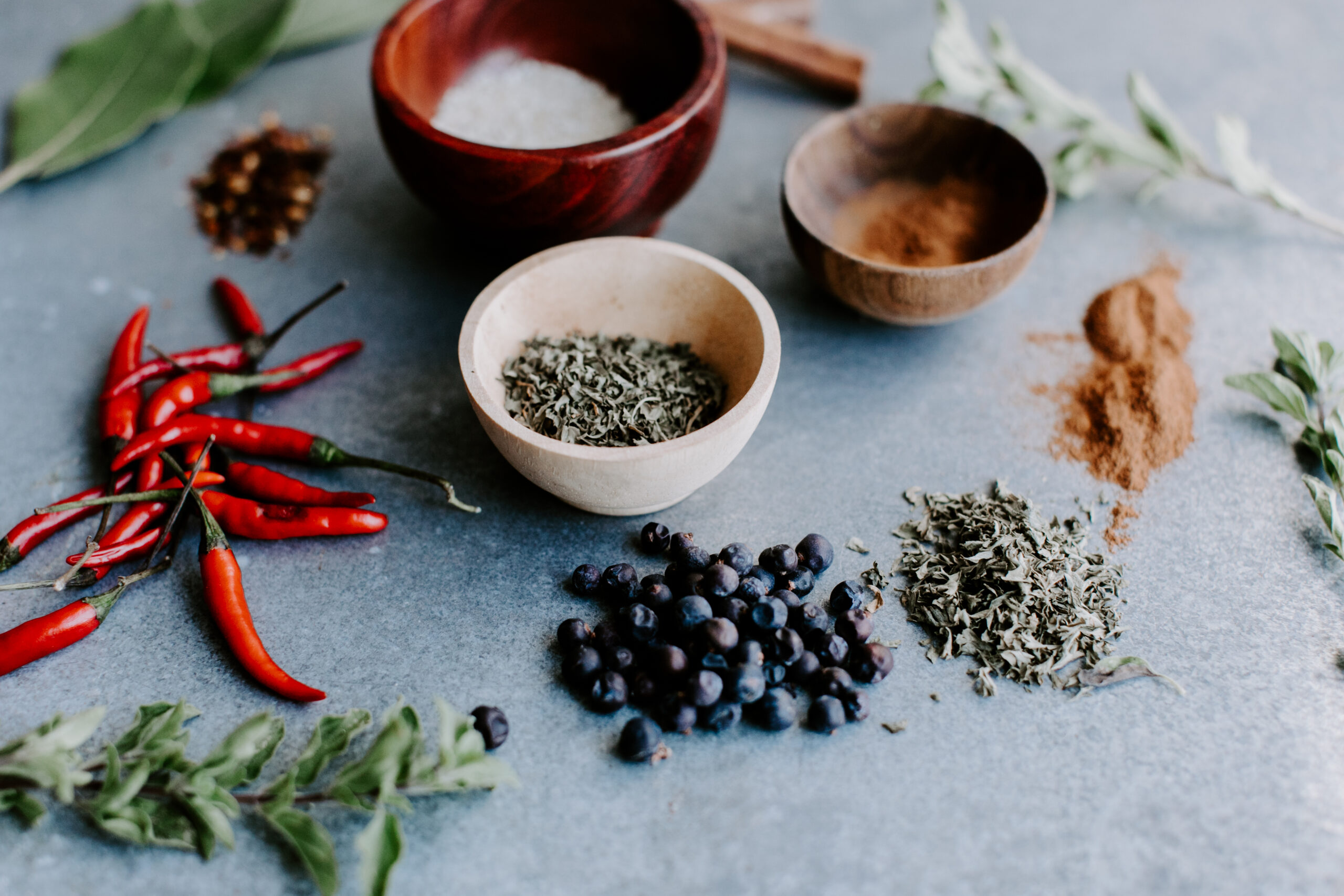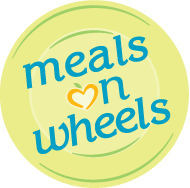Reflections as Halal Meals on Wheels Recipients Celebrate Ramadan

By Mohamed Gabane
Every year millions of Americans, including Halal* Meals on Wheels recipients, fast daily during the month of Ramadan with fellow Muslims across the globe. The start of the month is anchored on the sighting of the crescent moon and each year it falls on a different date of the Gregorian calendar. This year it fell on Thursday, March 23.
Ramadan is the ninth month of the Islamic lunar calendar and one of the five pillars of Islam. Muslims have been commanded to abstain from food, drink and worldly pleasures from dawn to dusk. The fasting will go on for 30 days, or 29 if the moon crescent is sighted prematurely signaling the end of Ramadan and ushering the celebration of Eid-Ul-Fitr.
Ramadan serves as a period of physical and spiritual reset. Iftar, the meal of breaking the fast, provides an opportunity for families to bond and friends to commune. Folks invite each other over to share a meal and strive to feed those who are not as fortunate.
Muslims are called to devote themselves to worship and to rekindle good values of neighborliness, compassion and concern for others. They gather in mosques and listen to lectures and remind each other to do good and abstain from evil.
It is a time of spirituality, reflection and gratitude and as I ponder, I am drawn to a narration of the prophet that captures the essence of what we do at Meals on Wheels. The prophet, peace be upon him, narrates that God will complain to man on the day of judgement that He (God) got ill, and we never visited Him; He got hungry, and we did not feed Him; He got thirsty and we did not quench His thirst.
Man will ask in bewilderment how the Creator got sick, got hungry or thirsty and God will answer: If you visited your sick fellow human you would have found me there; if you fed your hungry fellow human you would have found me there; if you quenched the thirst of you fellow human you would have found me there. A similar text is found in the Bible, too, in Matthew 25:42-46.
The message of helping people in need is universal. It is very fulfilling to find meaning in what you do and to know that you are impacting people’s lives and that’s what we do at Meals on Wheels: fight hunger and social isolation.
At Meals on Wheels, we have aligned our operations to suit the needs of fasting Halal meal recipients. Our Halal meals partner, Al-Maa’uun, has adjusted delivery times to evening hours for those who are fasting. This is done on an individual basis as there might be some seniors who are not fasting. Islam exempts seniors from fasting if they are not physically fit. The meals are accompanied by dates as it is traditional to break the fast with water and dates.
We wish everyone Ramadan Mubarak (blessed Ramadan)!
This personal reflection is shared by Mohamed Gabane, Metro Meals on Wheels Somali/English Bilingual Enrollment Specialist. Metro Meals on Wheels strives to serve individuals of all beliefs and backgrounds and we thank Mohamed for sharing his perspective.
*Halal meals contain food that is permitted to be eaten by those following Islamic teachings.

